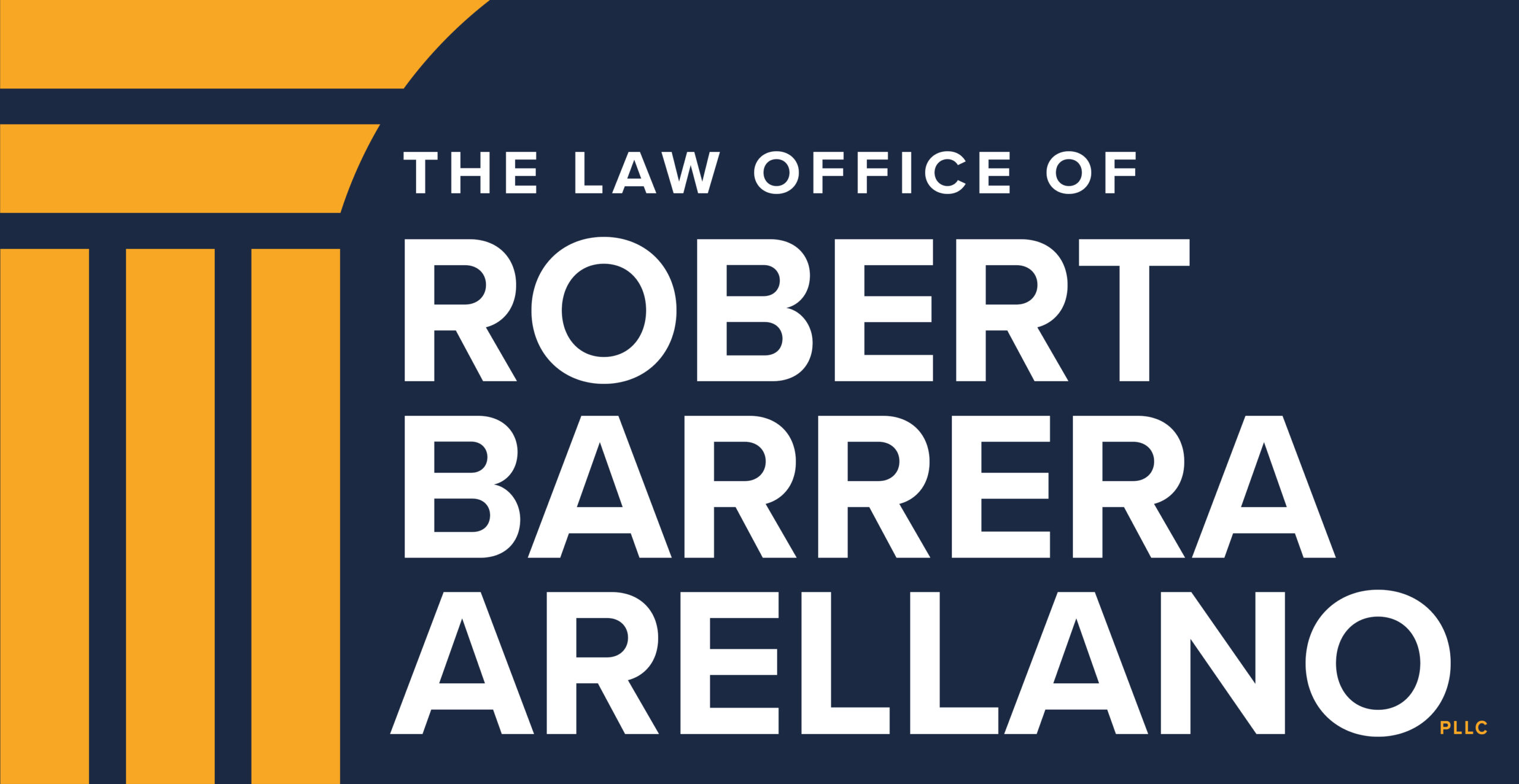
Juvenile Crimes Blog
Understanding the Basics
What is the Juvenile Court System?
The juvenile court system is designed for minors under 17 years old in Texas. Unlike adult courts, which focus on punishment, juvenile courts prioritize rehabilitation and reintegration into society. The goal is to guide young offenders away from a life of crime rather than punish them harshly.
Juvenile cases are handled in civil court, and the proceedings are generally confidential, which helps protect the minor’s future opportunities.
What is the Adult Court System?
Adult courts, on the other hand, operate within the criminal justice system, emphasizing punishment, deterrence, and public safety. Convictions in adult court can result in jail time, fines, and a permanent criminal record, which can severely impact a person’s future.
Minors can be charged as adults in Texas under specific circumstances, particularly for violent crimes or repeat offenses.
Key Differences Between Juvenile and Adult Courts in Texas
Age of the Defendant
In Texas, anyone under 17 years old is typically considered a juvenile. However, 16-year-olds can be tried as adults for serious crimes.
Focus on Rehabilitation vs. Punishment
Juvenile courts focus on rehabilitation programs, community service, and probation.
Adult courts impose harsher penalties, such as prison time, to deter criminal behavior.
Legal Rights in Juvenile vs. Adult Courts
Juveniles do not have the right to a jury trial in Texas. Judges make decisions based on evidence.
Juvenile records can be sealed, but adult criminal records are often permanent.
Sentencing and Consequences
Juvenile sentences may include probation, community service, or detention in a juvenile facility.
Adult sentences can lead to prison time, fines, and a permanent criminal record.
When Can a Juvenile Be Tried as an Adult in Texas?
Transfer (Waiver) to Adult Court
Juveniles as young as 14 can be transferred to adult court for serious crimes like murder, aggravated robbery, or sexual assault.
The Texas Determinate Sentencing Law
Under this law, juveniles convicted of certain violent crimes can receive a blended sentence, starting in a juvenile facility and later transferring to adult prison.
The Impact of a Criminal Record
Juvenile Records and Sealing
Texas allows some juvenile records to be sealed or expunged, meaning they won’t appear on background checks.
Long-Term Consequences of an Adult Conviction
An adult criminal record can affect employment, housing, and education opportunities. Expungement is difficult and only available in limited cases.
What Should Parents Do If Their Child Is Arrested?
Immediate Steps to Take
Remain calm and reassure your child.
Do not allow them to speak to police without an attorney.
Call an experienced juvenile defense attorney immediately.
Navigating the Texas juvenile justice system can be overwhelming. At The Law Office of Robert Barrera Arellano, we specialize in juvenile defense. With experience in both juvenile and adult courts, our team fights to protect your child’s future. Understanding the differences between juvenile and adult courts is essential for parents facing these challenges. If your child is arrested, don’t wait—seek legal help immediately.

Yes, but Texas law provides opportunities for parole after a certain number of years.
Juvenile records can be sealed if the minor meets specific criteria, such as completing probation without further offenses.
Serious crimes like murder, aggravated robbery, and sexual assault may lead to automatic transfer.
First-time offenders may qualify for diversion programs that focus on rehabilitation rather than punishment.
Immediately contact a juvenile defense attorney and avoid letting the child speak to police without legal representation.